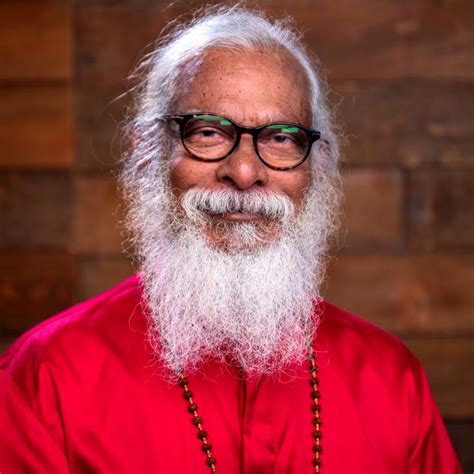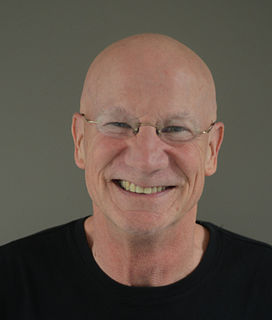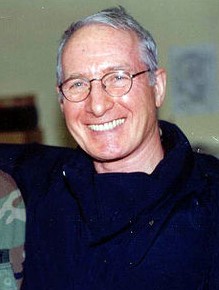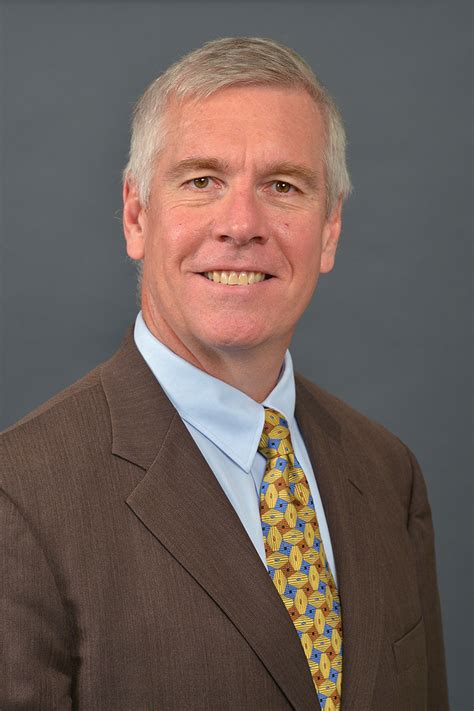A Quote by J. G. Ballard
They thrived on the rapid turnover of acquaintances, the lack of involvement with others, and the total self-sufficiency of lives which, needing nothing, were never dissapointed.
Quote Topics
Related Quotes
Mastering the art of aloneness doesn't mean living in isolation or never needing the love, support, and involvement of others. It means creating and living a life in which you feel whole and content as an individual on your own; a life in which you can take care of yourself emotionally and financially.
Adolescents, for all their self-involvement, are emerging from the self-centeredness of childhood. Their perception of other people has more depth. They are better equipped at appreciating others' reasons for action, or the basis of others' emotions. But this maturity functions in a piecemeal fashion. They show more understanding of their friends, but not of their teachers.
The myth of self-sufficiency blinds us to the workings of other forces in family life. For families are not now, nor were they ever, the self-sufficient building blocks of society, exclusively responsible, praiseworthy, and blamable for their own destiny. They are deeply influenced by broad social and economic forces over which they have little control.
Two things were falling apart, my personal life, my professional life. And I realized that all those things were supposed to make me happy, but nothing could fill me up except myself. So I went into analysis. I went to see a doctor, to talk about my lack of self-esteem. I don't know how to say it better: my lack of self-esteem, my insecurity, and how these things were not going to fill me up. And I'd better fix myself and then find out what I liked. For me, therapy was the greatest gift I could ever give myself. There's nothing I could have done for myself that would've been better.
Emotional dependence is the opposite of emotional strength. It means needing to have others to survive, wanting others to "do it for us," and depending on others to give us our self-image, make our decisions, and take care of us financially. When we are emotionally dependent, we look to others for our happiness, our concept of "self," and our emotional well-being. Such vulnerability necessitates a search for and dependence on outer support for a sense of our own worth.
Selfish is an exploitation of others for self; selfless is an exploitation of self for others. Both are extrinsic. ..... Selfness. When selfness prevails, the qualities of others are sometimes used for self and the qualities of self are often extended to others. The basic and key difference is that exploitation is never the object of the outcome.







































